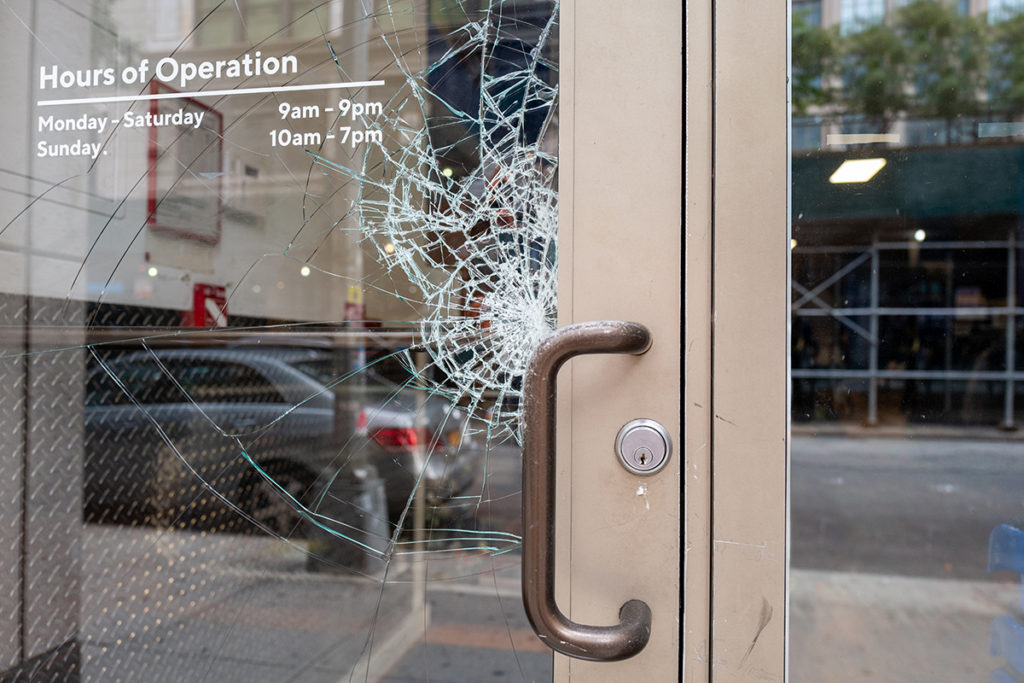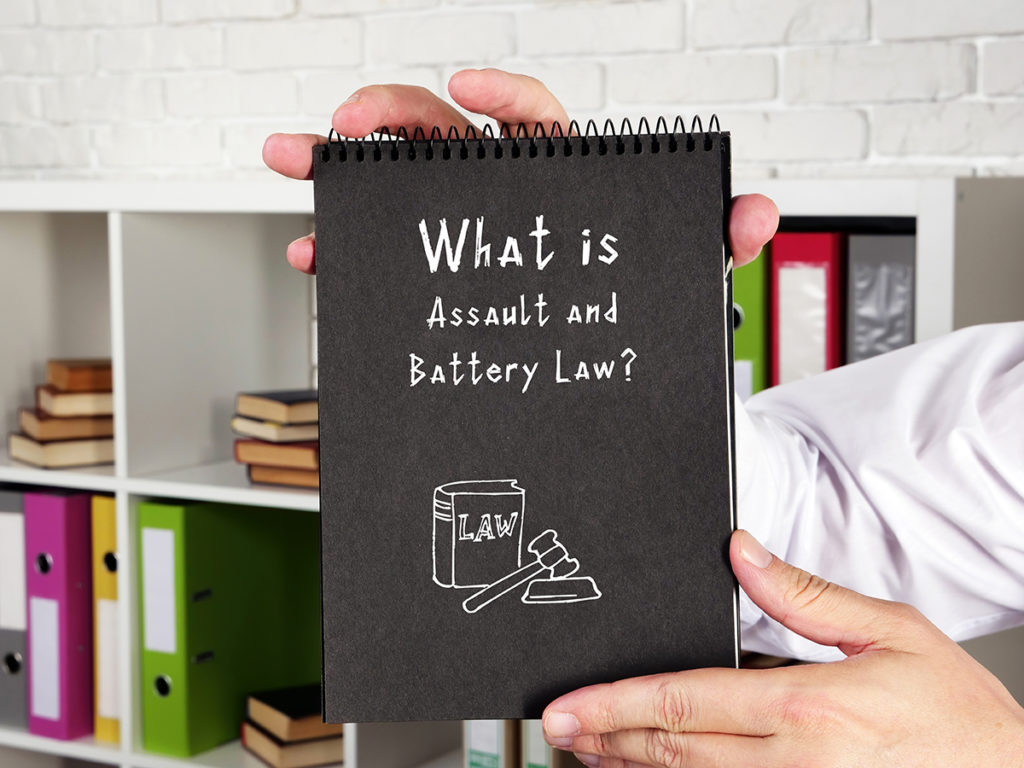Property Crimes in California

In California and many other places, a property crime relates to the destruction or theft of something belonging to someone else. This category of criminal activity includes non-theft-related crimes such as arson and vandalism, plus theft-related crimes like shoplifting, burglary or stealing a car. Many property crimes do not involve threats or physical harm to […]
Is Breaking and Entering a Felony?

You have probably heard the phrase “breaking and entering” used to describe forced entry in a TV police procedural drama. While media depictions have popularized the term, you might be surprised to learn there is no law in California specifically called “breaking and entering.” However, that doesn’t mean there are no penalties for theft or […]
Statute of Limitations: California Theft

Under California law, the statute of limitations is the maximum period in which a prosecutor can file criminal charges. If the prosecution tries to charge you after this applicable time has elapsed, you are within your legal rights to have the case dismissed. According to California law, theft is a “wobbler,” which means the judge […]
California SB 81 Seeks to Abolish Sentence Enhancements

California’s penal code allows judges to add sentence enhancements to a criminal charge. Sentence enhancements are not elements of the original crime; they are additional circumstances that increase the penalty. For example, using a firearm while committing a violent felony can add between 10 and 25 years. Meanwhile, a possible gang association could result in […]
What Is the Difference Between Assault and Battery?

Many people believe “assault” and “battery” are synonymous terms because you often hear them used together. However, under California law, assault and battery are two separate convictions. They can result in considerable penalties, so if you’re facing charges for one or both of these crimes, you’ll want to work with an attorney who can help […]
Modifying Probation Terms in California

For many misdemeanor and felony convictions, a judge might enact a probation sentence instead of incarceration. If you are under probation, you may have to meet regularly with your probation officer. You might also have to accept specific conditions imposed by the court. For example, complying with your probation agreement’s terms could require you to […]
Failure to Appear in California

If you get charged with a crime, California law requires you to appear in court after your release from custody. What happens if you miss your court date? You can get penalized for failure to appear (CA Penal Code 1320 & 1320.5). Depending on the original reason you were supposed to appear in court, the […]
California DUI School: What You Need to Know

California DUI school is a court-ordered program to discourage people from driving under the influence and reduce the number of first-time and repeat DUI convictions. If you have been convicted of a DUI in California, you must complete a state-licensed course to comply with legal requirements. DUI school in California aims to reduce the chances […]
A Comprehensive Overview of California’s “Three-Strikes” Law

In 1994, California voters passed the nation’s harshest three-strikes sentencing law, which doubles the punishment for a second felony if the first one was violent, severe or cruel. Under the law, a convicted felon’s third strike carries a mandatory prison term of 25 years to life – usually without the opportunity for parole. While other […]
